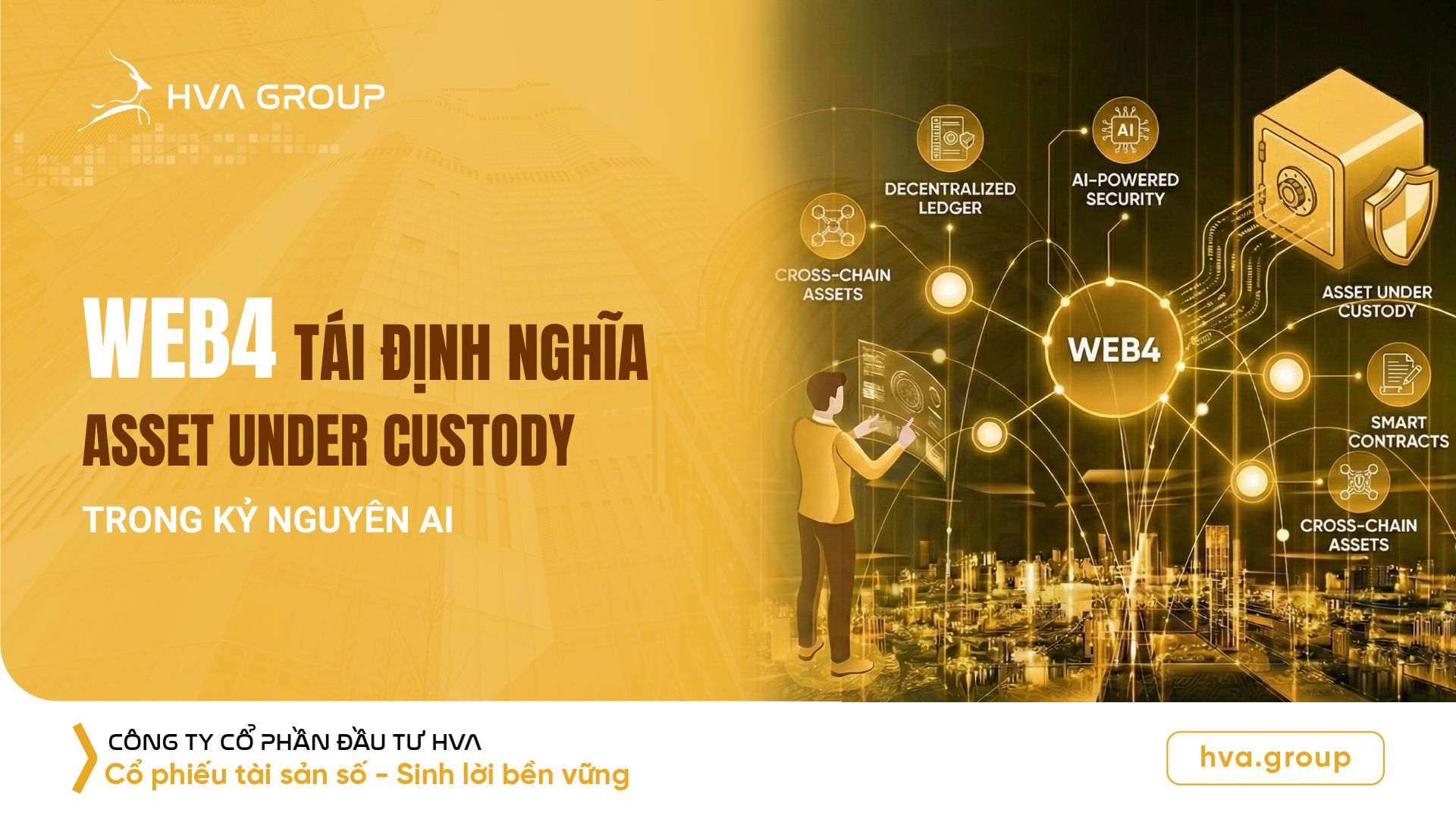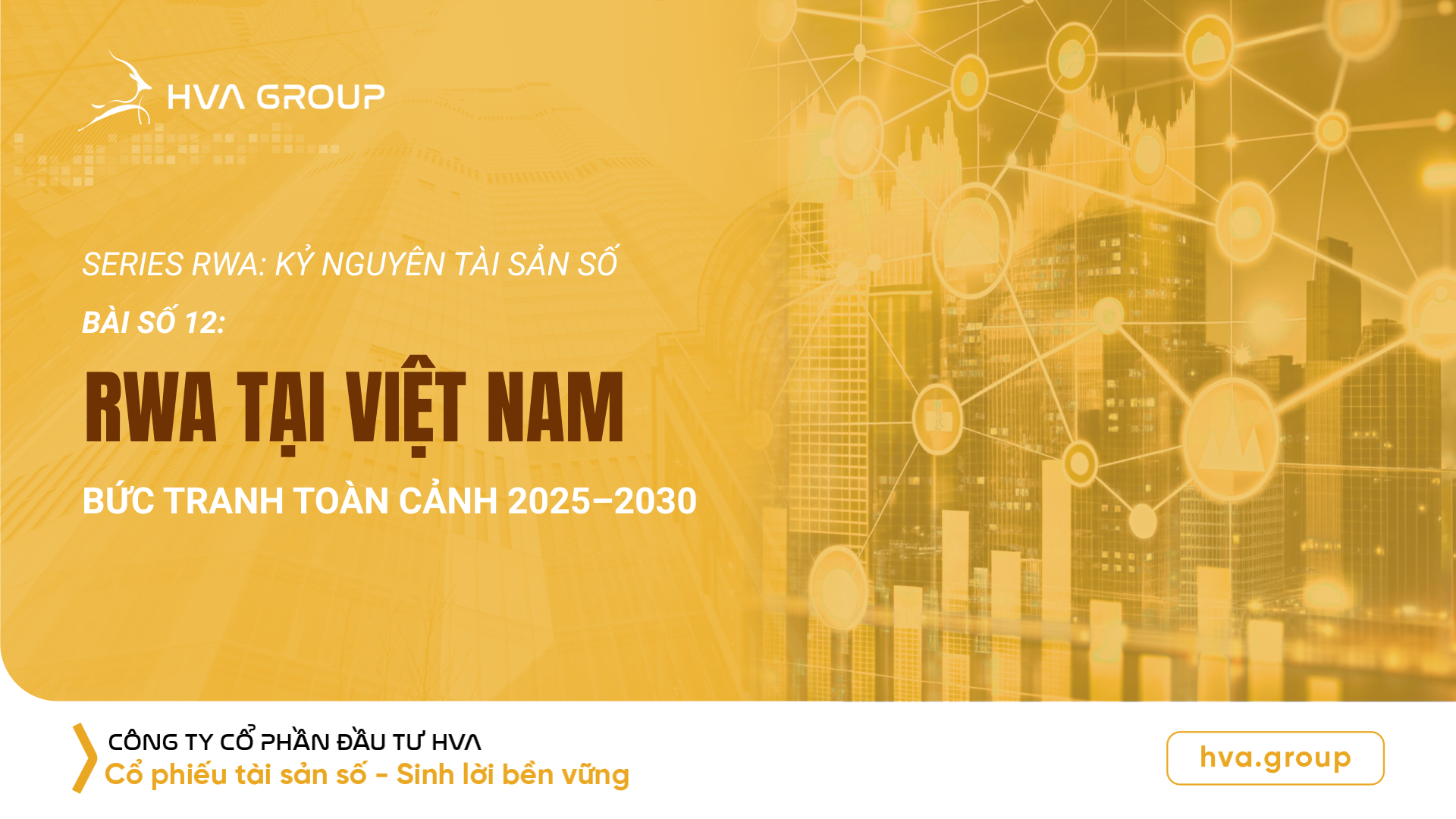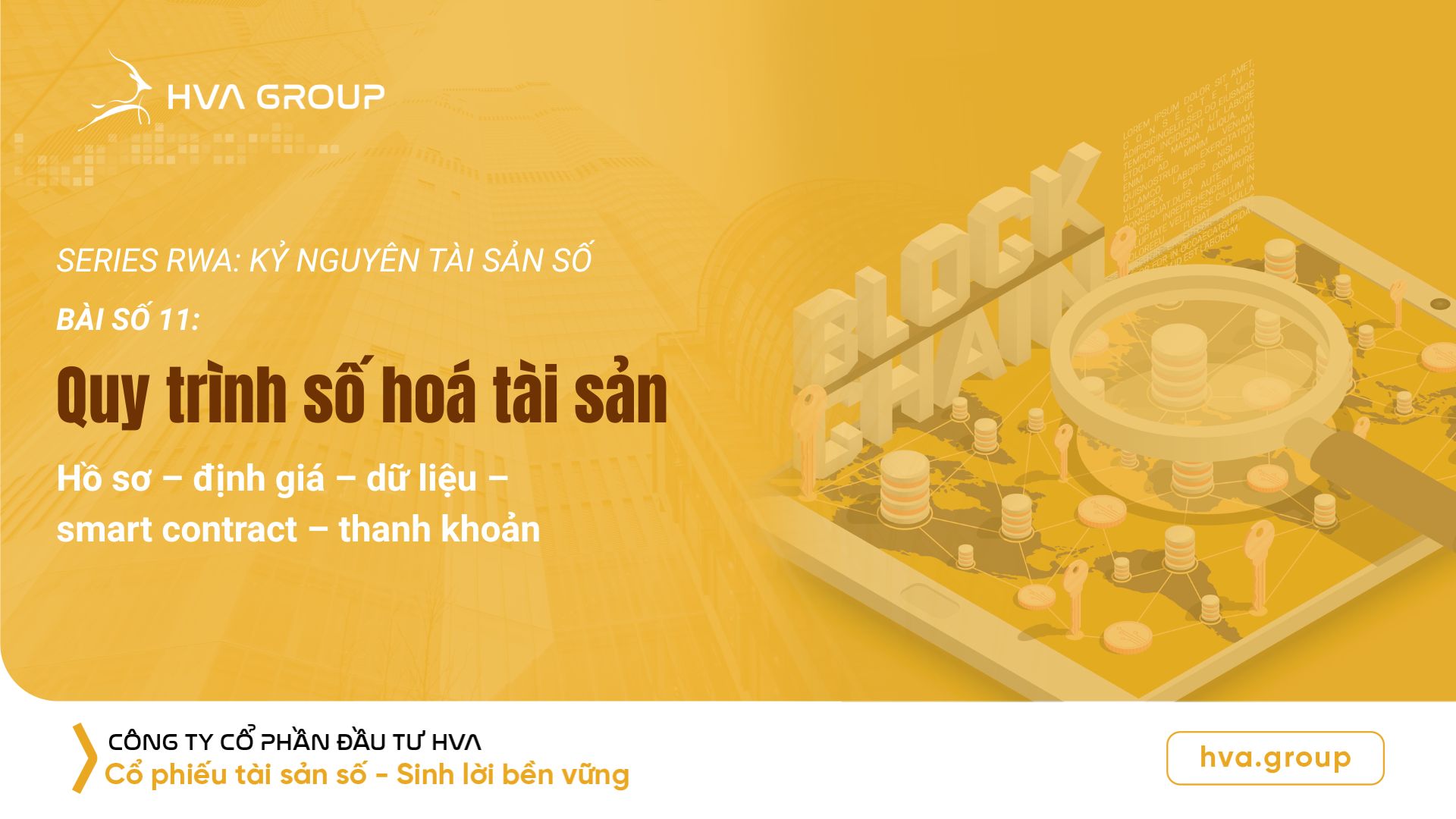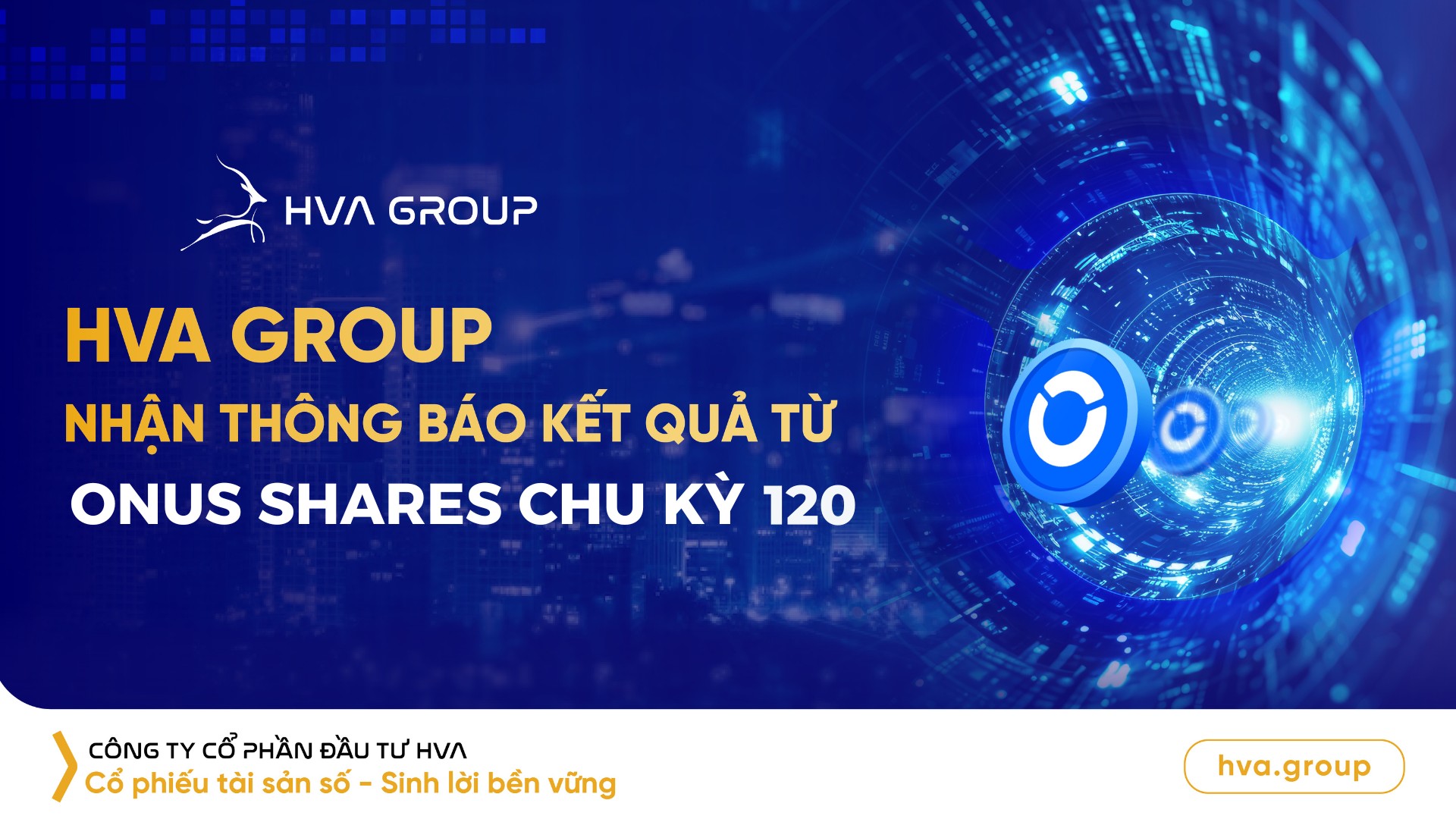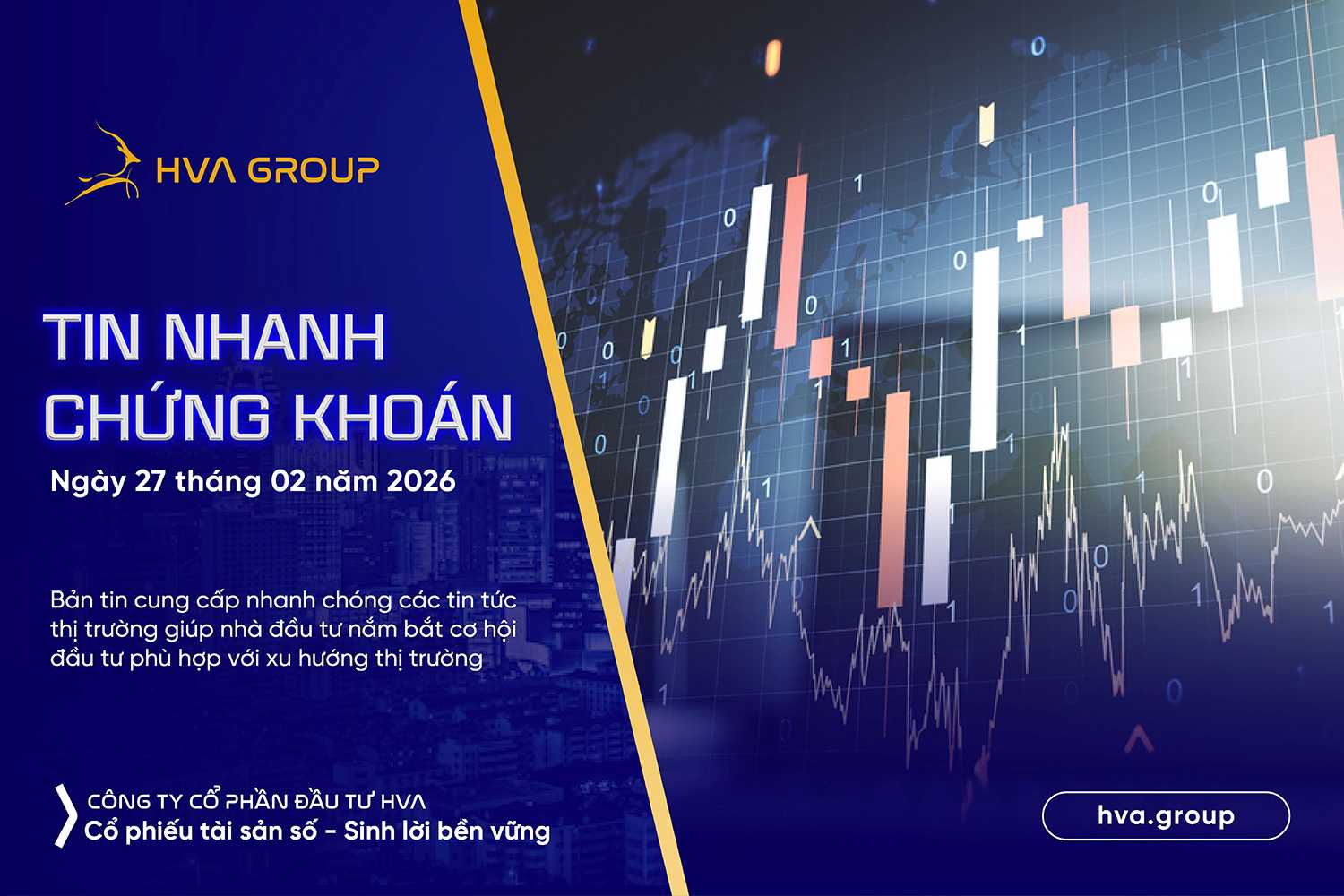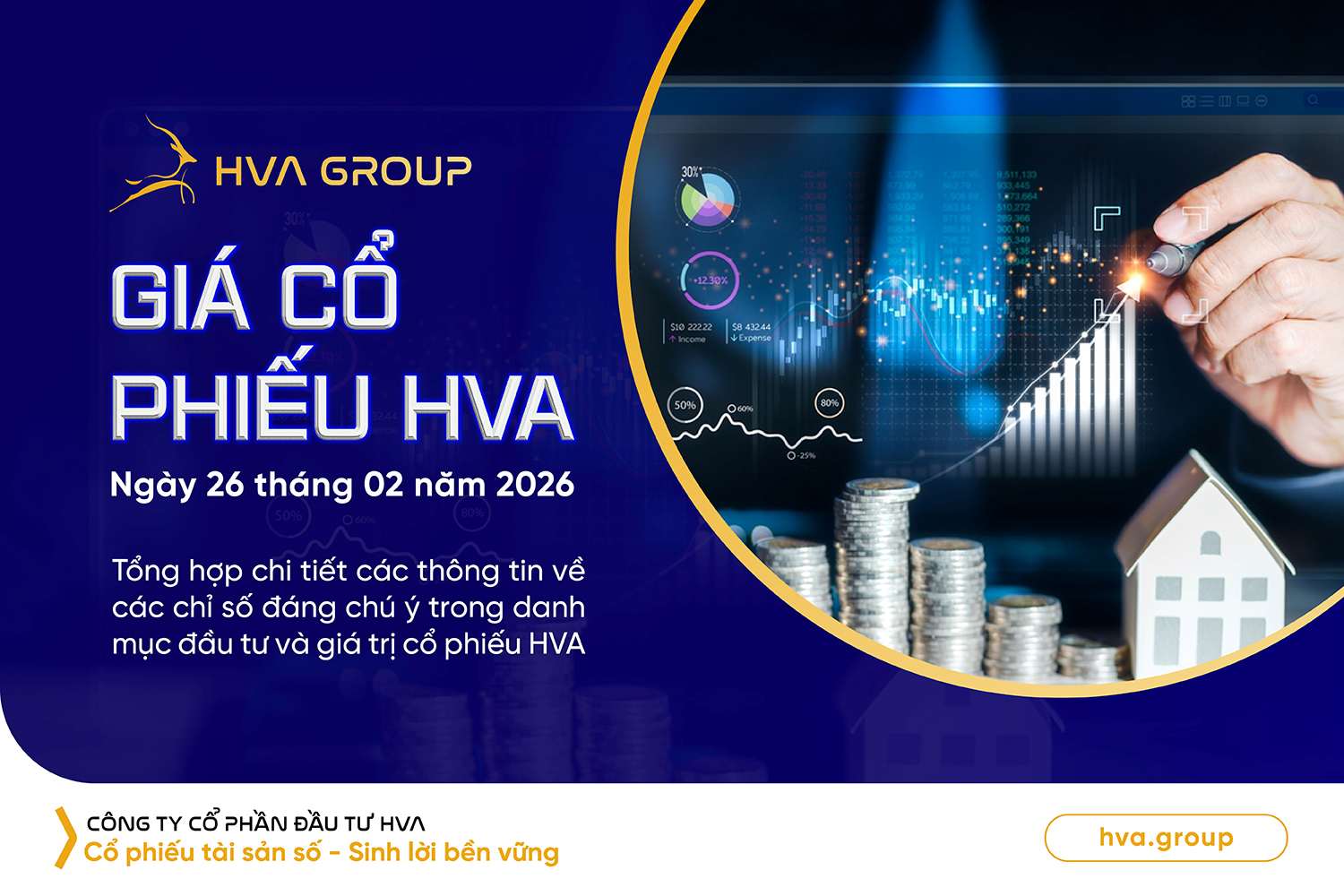What is an ETF certificate? Popular investment tool, helping investors easily access a diverse asset portfolio, flexible transactions with low costs and transparency.
What is an ETF certificate?
What is an ETF certificate? An Exchange Traded Fund (ETF) is a type of security that represents an investor's ownership in an index fund. An ETF works by mimicking the performance of a specific stock index, such as the VN30, or international indexes such as the S&P 500. The special thing about an ETF is that it is traded on the stock exchange like a stock, allowing investors to easily buy and sell.
Understanding What is an ETF certificate? will help investors take advantage of the outstanding benefits of this product, such as diversifying investment portfolios, minimizing risks and easily accessing major financial markets.
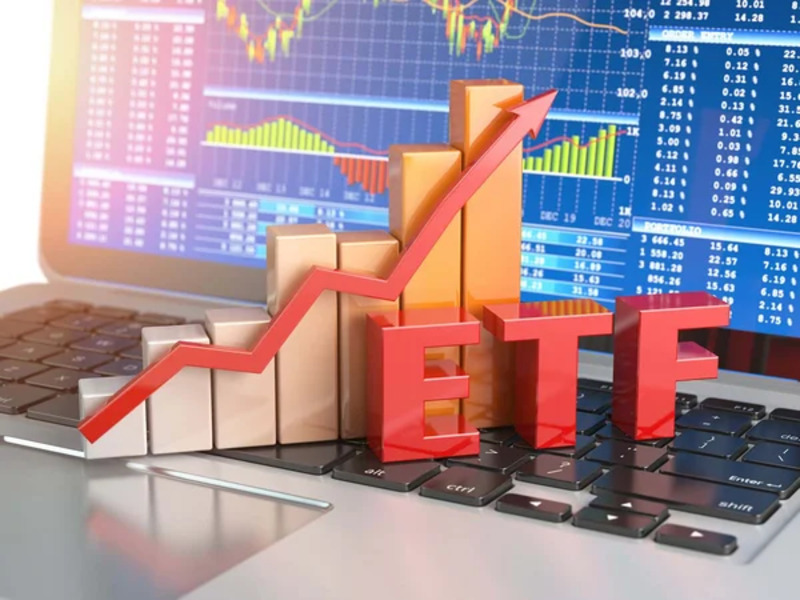
Benefits of investing in ETF certificates
- Diversify your portfolio: Investing in ETFs allows investors to own a diversified portfolio without having to buy individual stocks. For example, the VN30 ETF focuses on the 30 largest and most liquid companies on the HOSE, providing stability and efficiency.
- Low cost: Compared to buying stocks yourself or investing in actively managed funds, ETFs typically have lower management costs because they operate on a passive investment strategy.
- High liquidity: Investors can buy and sell ETF certificates on the stock exchange at any time during trading hours, providing great flexibility.
- Transparent: ETFs publish their portfolios daily, making it easy for investors to track and make decisions.
How to buy ETF certificates
Here are the steps how to buy etf fund certificates:
- Open a securities account: To trade ETF certificates, you need to open an account at a reputable securities company. This is an important step for you to be able to access the stock exchanges.
- Deposit money into account: Once you have opened your account, make a deposit to ensure you have enough capital to purchase the fund. This amount will depend on the type of ETF you choose to invest in.
- Choosing the right ETF: Do thorough research on the different types of ETFs available in the market and determine which one suits your financial goals. For example, if you are interested in large companies in Vietnam, ETF VN30 fund certificate is an ideal choice.
- Place a buy order: Use your brokerage account to place an order to buy the ETF of your choice. This can be done easily on the brokerage firm's online trading platform.
By following the steps above, you will quickly master the process. buy ETF certificates, while creating a solid foundation for a long-term investment strategy.
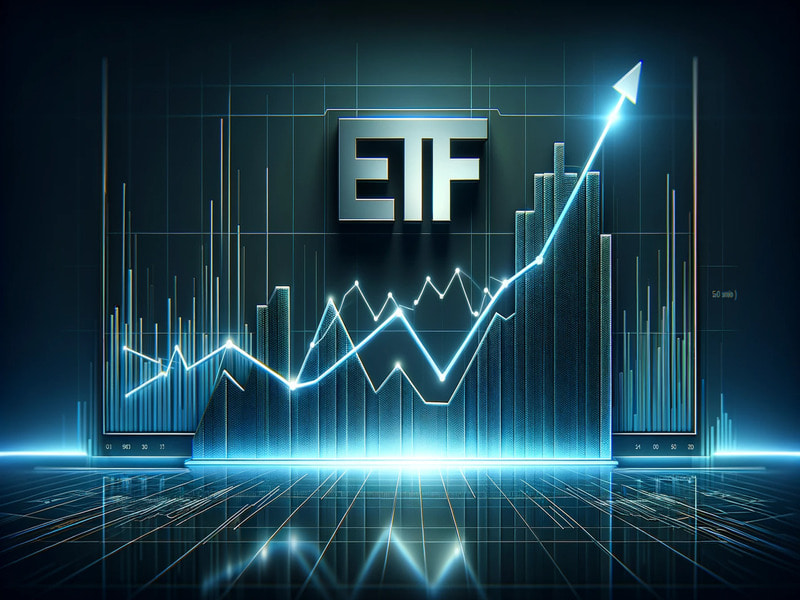
ETF certificates in Vietnam
>>> See more articles: Evaluate reputable investment funds in Vietnam today?
In Vietnam, there are currently many different types of ETFs, providing diverse choices for investors. ETF fund certificates in Vietnam Highlights include:
- VN30 ETF: This is the most popular ETF, tracking the VN30 index of the 30 largest companies on the HOSE.
- VFMVN Diamond ETF: Focus on stocks in banking, retail, and technology sectors.
- SSIAM VNFIN Lead ETF: Tracks financial sector indexes in Vietnam, especially securities and banking companies.
- Other ETFs: Additionally, there are many other ETFs in the pipeline, offering investment opportunities in diverse sectors.
Buying ETF certificates: Smart choice for effective investment portfolio
Buy ETF certificates brings many outstanding benefits, helping you save time and optimize investment efficiency. This is the reason why ETF funds are increasingly attracting the attention of investors:
- Easy access: With just one securities account, you can invest in a wide range of assets, from stocks, bonds to commodities, without having to choose each trading symbol.
- Suitable for beginners: ETFs are a simple solution, especially ideal for those without much experience or in-depth knowledge of finance.
- Cost effective: Compared to buying each stock in the portfolio yourself, ETFs help you save significant transaction costs thanks to their centralized management model and low operating costs.
Consider investing in ETFs to quickly build a solid portfolio that stays in line with modern trends.
Notes when investing in ETF certificates
- Understand your investment goals: Before investing in ETFs, you need to clearly define your financial goals, such as aiming for long-term asset growth or creating a passive income source. This will help you choose the ETF that suits your personal needs.
- Track simulation metrics: The performance of an ETF depends on the index that the fund tracks. For example, if you invest in the VN30 ETF, the return will reflect the performance of the 30 largest companies on the HOSE stock exchange. Therefore, you should carefully study this index to evaluate the fund's profitability.
- Pay attention to costs: While ETFs are known for their low costs, investors still need to consider associated fees such as transaction fees, management fees, and other hidden costs. This helps you assess the actual return after deducting costs.
- Risk Management: Like any form of investment, ETFs carry risks, especially when financial markets are volatile. Investors should diversify their portfolios and closely monitor economic and political factors that may affect the fund's performance.
With the above notes, investors can better manage risks and optimize profits from investing. invest in etf fund certificates. Don't forget to update regularly investment knowledge and monitor market trends to adjust strategies promptly.
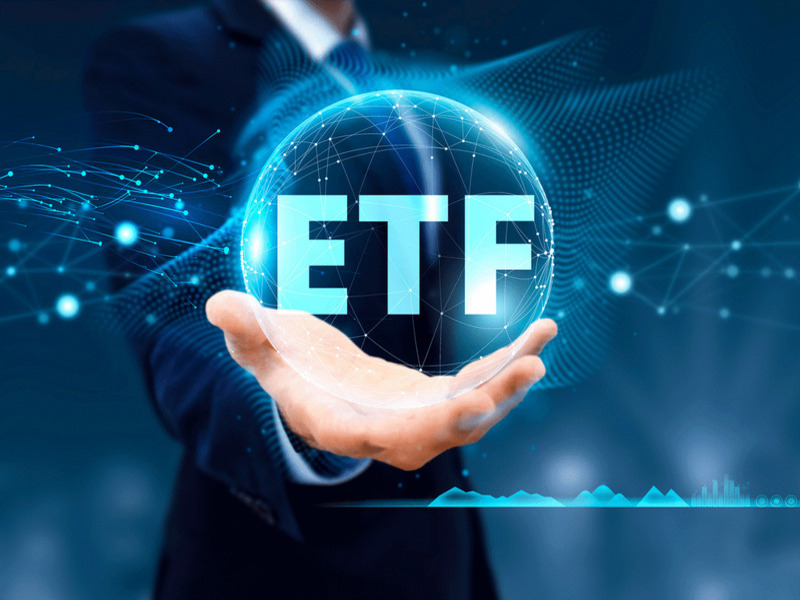
Conclude
Hope through this article, HVA GROUP can help you better understand What is an ETF certificate? ETFs are not only an effective financial tool but also an investment solution suitable for many subjects, from beginners to professional investors. Diversity, transparency, and low costs are the factors that make these funds attractive.
Consider and choose the ETF that best suits your investment strategy and goals. Investing properly not only helps you preserve capital but also optimize profits in the long term. This is a smart step to build a solid financial future.



